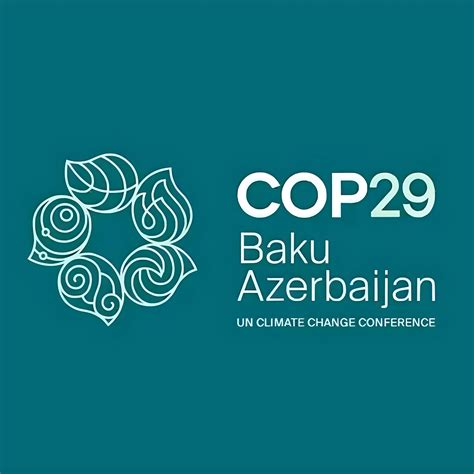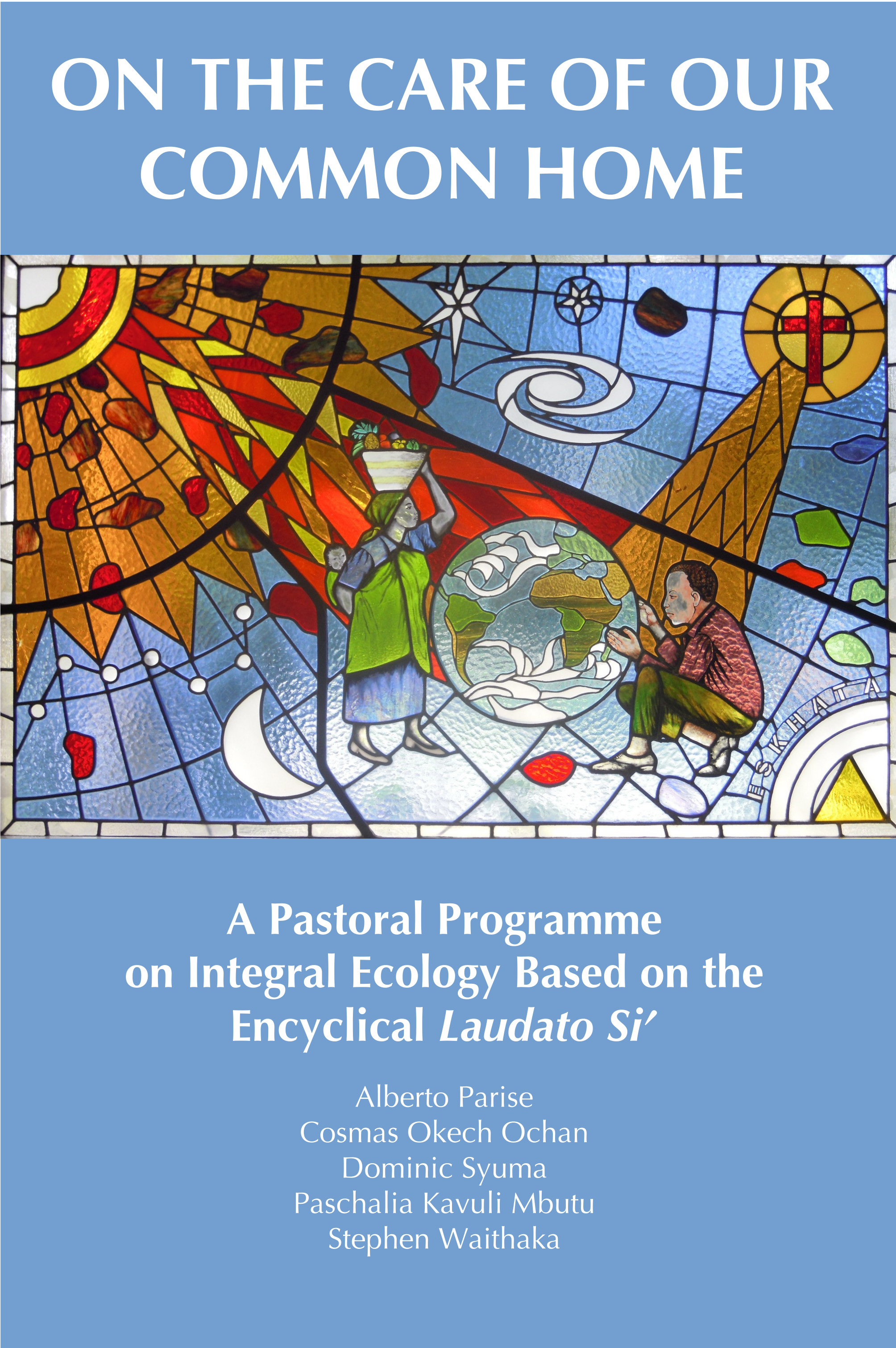COP29 is scheduled to take place in Baku (Azerbaijan) from 11th to 22nd November 2024. Nicknamed “the finance COP” because of its particular focus on financing mitigation of carbon emissions, adaptation to climate change and reparations for climate induced loss and damage, it comes at a time when we are recording the hottest year ever recorded. It is very likely that 2024 will be the first year whose average temperature has always been over +1.5°C above pre-industrial age (1850-1900). That is the threshold that the Paris Agreement (2015) wished never to overstep.
Particularly alarming is the month of October 2024, that has recorded a +1.65°C, accompanied by devastating extreme weather events around the world. Global warming is increasing at a much faster rate than expected by scientific models, and that is no surprise since such models do not account, for example, for the emissions caused by the military sector and by the ongoing devastating wars.
The Interfaith Liaison Committee to the UN Framework Conference on Climate Change, in occasion of COP29, launches the following Interfaith Call to Action:
We stand at a crossroads, facing an existential threat to life on Earth as we know it. The urgency to act cannot be overstated. As people of faith from diverse traditions, we believe the climate emergency must be addressed on a moral level, with decisions driven by honesty, compassion, courage, trust, and foresight. The survival of our planet and future generations depends on the choices made today.
The protection of our common home, Mother Earth, cannot wait. We need to take action now to confront and remedy the interconnected crises of climate breakdown, biodiversity loss, and land degradation.
The climate crisis demands unprecedented unity and action. At COP29, world leaders must act with moral clarity and ambition, moving beyond delays to reset our course towards a just, sustainable future. This pivotal moment requires us to safeguard our planet for generations to come, honouring our shared responsibility to all forms of life.
Ambitious Climate Action
● COP 29 and updated Nationally Determined Contributions (NDCs) must be ambitious to keep us below 1.5 degrees, aligned with the Paris Agreement and the Intergovernmental Panel on Climate Change.
● NDCs should include mitigation, adaptation, and address losses and damages. NDCs must lead to a just transition and reflect the fair share of each country in light of their historic responsibilities.
● All countries must prioritize the urgent phase-out of fossil fuels, which are the primary source of greenhouse gas emissions, by eliminating subsidies and supporting a Fossil Fuel Non-Proliferation Treaty, rejecting compromises or geoengineering solutions that prolong fossil fuel use.
Climate Finance
● As people of faith, we appeal to COP 29 to include the concepts of alms, tithe, waqf, and zakat, which remind us of the duty to support the needs of the most vulnerable. In this context, we call for considering debt cancellation.
● We call on COP29 to urgently reform global climate finance by establishing a new collective quantified goal (NCQG) that prioritises human rights, emphasises grant-based support for developing nations, and ensures direct access for local communities and Indigenous Peoples. This goal must be based on actual needs, promote gender responsiveness, and significantly increase public funding through sub-goals for mitigation, adaptation, and addressing loss and damage.
Loss and Damage
● Loss and Damage is integral to climate justice. The principle of common but differentiated responsibilities and respective capabilities (CBDR-RC) and “polluter pays” must guide funding, ensuring that those most responsible for emissions contribute the most.
● Both economic and non-economic loss and damage must be addressed by prioritising grant-based finance for vulnerable communities and acknowledging losses such as the erosion of indigenous ways of life and the need to safeguard the interests of Indigenous Peoples, migrants, women, children, disabled and other groups in vulnerable situations.
Climate & Intergenerational Justice, Indigenous Peoples Rights, and Gender Equality
● Faith traditions and moral imperatives call for climate action rooted in solidarity, compassion, and justice for all life, including non-human life, prioritising sufficiency, efficiency, and equity while safeguarding the rights of people and groups in vulnerable situations and ecosystems. A holistic approach must also address the mental health crisis, especially among youth, as an integral part of our climate response.
● Intergenerational justice must guide climate decisions, with youth, children and future generations at the heart of the conversation.
● Indigenous Peoples’ rights and traditional knowledge must be respected and integrated with modern science. Indigenous Peoples, including Indigenous women, should be key decision-makers in climate agreements.
● Gender justice must permeate all aspects of climate solutions, recognising the disproportionate impact of climate change on women and girls.
War, Conflict, and Climate Action for Peace
● Many current conflicts stem from competition over fossil fuels. A shift to renewable energy can reduce these tensions and promote energy sovereignty, peace, and democracy.
● Climate action is also an action for peace, prioritising our collective future over narrow national and powerful corporate and individual interests.
Call to Faith-based Organisations
● Faith-based organisations (FBOs) must articulate the moral imperatives that underpin their advocacy, raising awareness within their communities.
● FBOs should counter narratives that justify fossil fuel reliance and instead support actions such as the Fossil Fuel Non-Proliferation Treaty and climate litigation.
● Multi-faith communities must collaborate, invest in transformative awareness campaigns, and promote sustainable practices, including plant-based diets, shifts to renewable energy suppliers, and climate awareness in making mobility choices.
Our commitment
As people of faith, we commit to being an encouraging presence at COP29, urging negotiations with genuine intention to find solutions. By fostering hope, trust, and decisive action, we can lift the human family’s spirit and create ripples of positive change. Together, we can give the world a reason to feel hopeful about our shared future.




